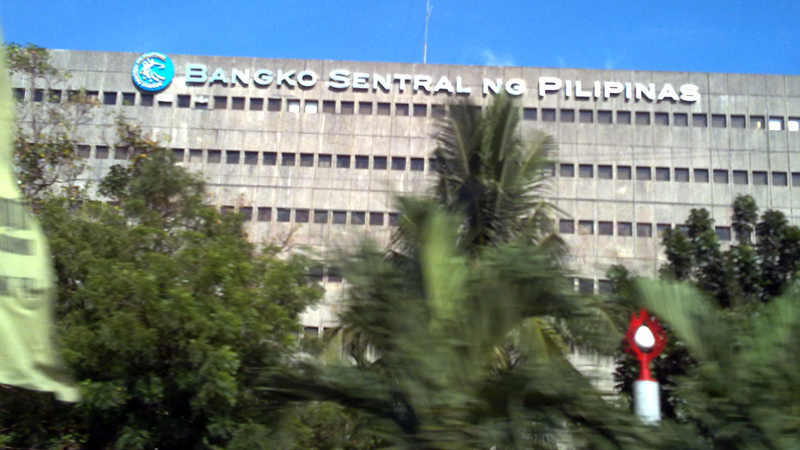PANGLAO, BOHOL—Several more Asian banks are primed to start operating in the Philippines, taking advantage of the recent removal of restrictions on foreign participation in the financial sector.
Two banks from the Asia-Pacific region have submitted formal applications for regulatory approval while five more are in various stages of seeking the go-ahead to enter, according to Bangko Sentral ng Pilipinas (BSP) officials.
“We have a growing list of foreign banks who have expressed interest,” BSP Assistant Governor Johnny Noe Ravalo told reporters on Wednesday. He indicated that many more have asked the BSP about a possible venture in the Philippines, but did not commit.
Japan’s second-largest lender Sumitomo Mitsui Banking Corp. last February secured approval from the BSP to put up a branch in Manila. Sumitomo was the first foreign bank to be allowed to enter the Philippines following the liberalization of foreign ownership rules in the industry.
Last year, restrictions on foreign ownership in the banking sector were lifted by Congress to attract more investments and to comply with commitments to open certain sectors of the economy ahead of Southeast Asia’s regional integration.
Under the new rules, foreign banks may choose from three modes of entry into the local market, namely setting up a foreign branch, acquiring existing institutions or incorporating an entirely new company.
BSP Deputy Governor Nestor A. Espenilla Jr. said seven Asian banks have firmed up plans to enter the Philippine market. Two have submitted papers for approval.
Conglomerate San Miguel Corp. last month said it might sell subsidiary Bank of Commerce to Japan’s Mizuho Financial Group Inc., which was one of the suitors for the mid-sized local lender.
Moody’s Investor Service, an international rating firm, has a “positive” outlook for the Philippine banking industry. The 70 other banking jurisdictions rated by Moody’s were rated at either “stable” or “negative.”
The entry of more foreign players in the local banking sector is seen beneficial to individual consumers and to the economy as a whole. Authorities have said that the entry of more banks could pave the way for higher levels of fixed investments since foreign firms were more comfortable transacting with institutions they were familiar with.


